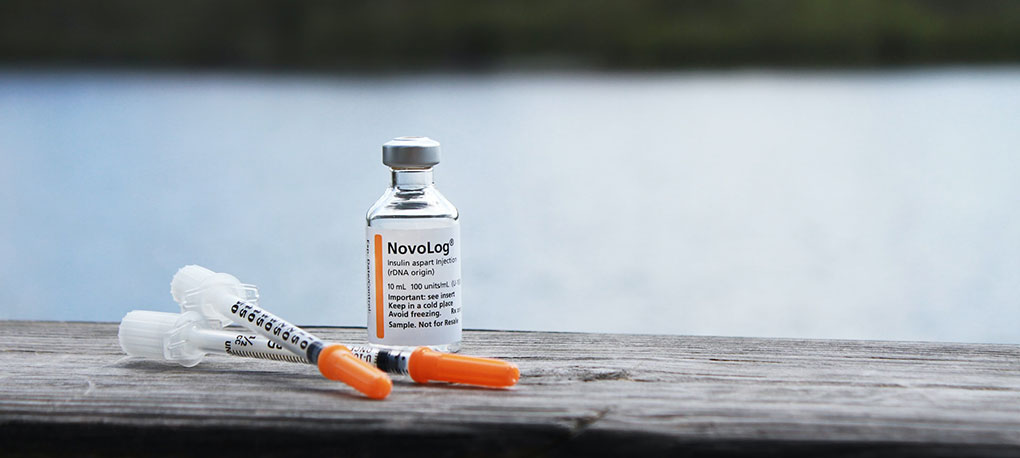Diabetes is one of the most common causes of erectile dysfunction. Research varies, but studies have documented that anywhere from 35 to 90% of men with diabetes experience erectile dysfunction. In one study that followed over 1700 men as they age, erectile dysfunction was three times more common in men with diabetes. In fact, the relationship between erectile dysfunction and diabetes is so close that men will often get diagnosed with erectile dysfunction first, and following a diagnosis of ED, diabetes will be discovered.
Does Diabetes Cause Erectile Dysfunction?
Not everyone who has diabetes will experience erectile dysfunction. The reasons why some men experience erectile dysfunction and others don’t are not fully understood, in part because there are so many variables. The longer you’ve had diabetes, the more likely you are to experience erectile dysfunction. There is some research that indicates that people who manage their blood sugar levels better have less risk of erectile dysfunction, but that research hasn’t been consistently repeated. Other factors that increase the risk of erectile dysfunction for people who have diabetes include how much you exercise, if you smoke, and whether or not you have additional health issues such as heart disease, high cholesterol, high blood pressure, hypergonadism, or any other condition that may on its own be a cause of erectile dysfunction.
How Diabetes Causes Erectile Dysfunction
There are multiple ways that diabetes may contribute to erectile dysfunction, and as is always the case with erectile dysfunction, the causes may be a combination of physical, psychological, and relational factors.
Diabetes causes damage to the walls of blood vessels, which interferes with the flow of blood, including blood flow to the penis.
Diabetes can also result in nerve damage, which can impact erections by affecting the way messages are sent between the brain, spinal cord and penis. There are also some studies that have found that men with diabetes also have lowered levels of the hormone testosterone. It is thought that there is a relationship between erections and testosterone, although the relationship isn’t really understood.
Diabetes can also be an indirect cause of erectile dysfunction. For example, some medications taken by men with diabetes, including anti-depressants and blood pressure medications, are known to contribute to erectile dysfunction.
What You Can Do
If you are experiencing more than the occasional difficulty getting an erection, you should speak with your doctor to determine if diabetes could be an underlying cause. You may also want to ask your doctor to test your testosterone levels if they don’t suggest it.
If you have already been diagnosed with diabetes, then managing your blood sugar levels and engaging in exercise may reduce the risk, or delay the onset of erectile dysfunction. If you’re already experiencing ED, it may reduce the severity (that is, it may happen less often, or you may get partial erections).
Whether you’re experiencing erectile dysfunction or not, you may also want to take this opportunity to consider the many ways of having hot and healthy sex that don’t focus on erections. One of the great barriers for men is the idea that sex always means intercourse, and that in order to have sex, you have to have an erection. The truth is that sex is more than intercourse, and while living with ED can be difficult and disappointing, it doesn’t have to be the end of your sex life.












